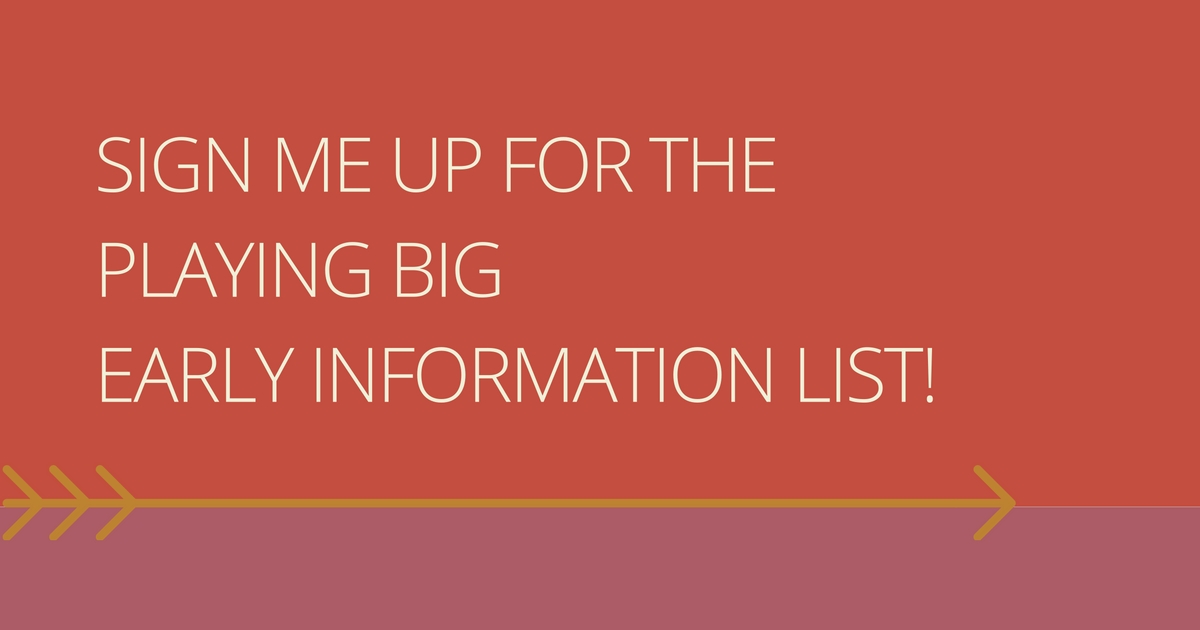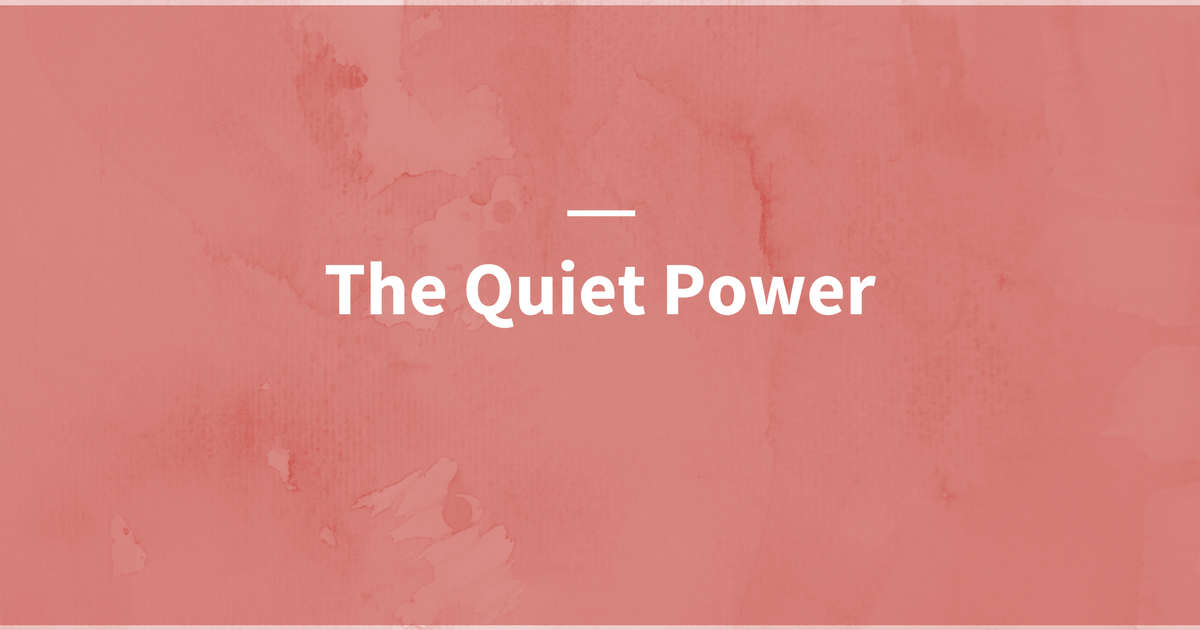This summer as I’m taking some downtime, I’m sharing some of my favorite and your favorite posts from the archives. Hope you enjoy these selections!
Love, Tara
Moving From Insecurity to Confidence
Most women I know struggle with self-doubt. There’s so much they long to do – personally and professionally – but the inner critic voice holds them back.
I’ve seen time and time and again that the first step in moving from self-doubt to confidence is recognizing the inner critic as just what it is – the inner critic! An irrational, over-reactive liar – not the voice of reason.
Here are seven common characteristics of how our inner critics sound. Usually, all of these qualities aren’t in operation at once, but a least a couple of them are. Recognize your inner critic here?
1. This voice critiques us harshly. If you hear a voice saying things you would never say to another person, it’s the inner critic.
2. If you feel out of control of this voice, more like you hear it than you create it, like it invades your thinking rather than reflecting your real thoughts, it’s the inner critic.
3. The inner critic repeats itself. If you are plagued by the same thoughts over and over, not really thinking but rather hearing a broken record, it’s the inner critic.
4. If you hear a thought you know is irrational or untrue, but the thought won’t leave you, it’s the inner critic.
5. The inner critic also attacks us for hosting the thoughts it just put in our heads! After it criticizes, or plays out the worst case scenario, it follows up with lines like these “Get a grip, get some perspective.”
or “Don’t be so insecure, other people are confident and relaxed… just look over at Joe…”
6. Though the inner critic seeks to sabotage you, it makes arguments about what’s in your best interest – what is realistic, effective, what will protect you from harm, what will ensure the best outcome. The inner critic tricks us by framing its argument in terms of what’s best for us.
7. The inner critic may take inspiration from people in your life who played the role of outer critic. It adapts and expands on their behavior and often exists as a version of their voices inside your head. Listen for echoes of a parent, a sibling, a boss, or the voice of societal institutions or major cultural forces such as your religion, company, or country.
Why is it important to know these qualities? Because when you are clear on what your critic sounds like, you can identify yours when it speaks up – and separate yourself from it’s voice. You then have a choice: do I want to take direction from this irrational, fearful part of me – or not?
Love,
Tara
One of the main things we do in my Playing Big program is learn how to quiet the inner critic’s voice. Click HERE to learn more about the program and get special access to early bird discounts and the details on upcoming sessions!







Join the discussion One Comment